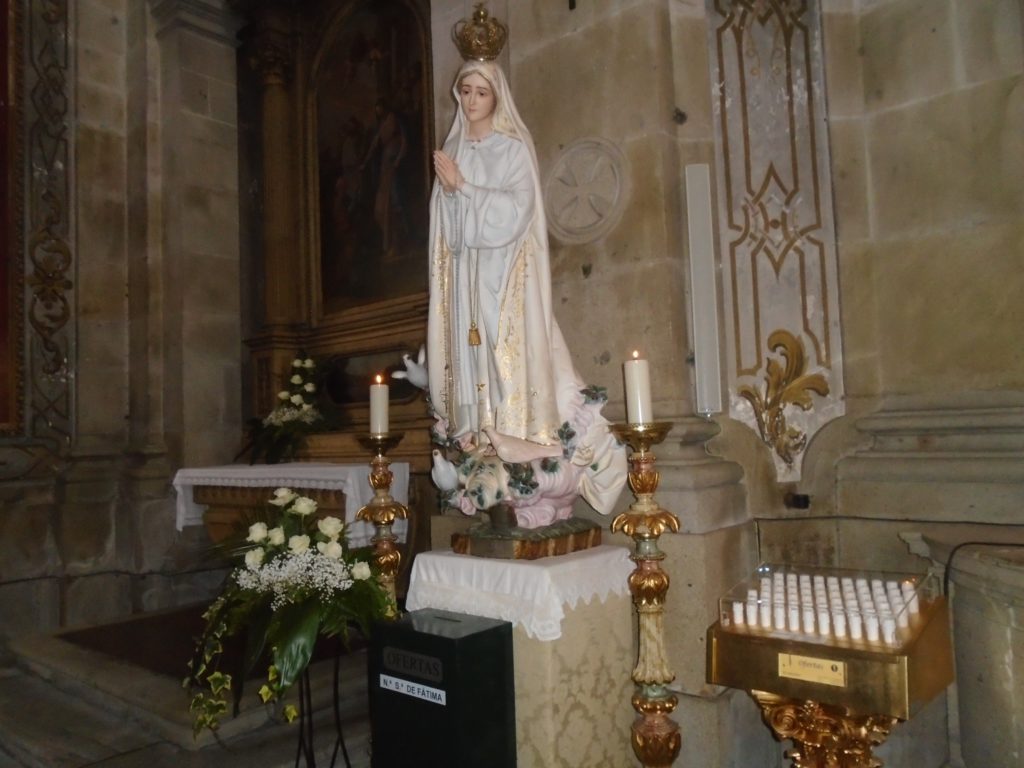
(REPOST from July 2017)
As the shekinah glory, the glory of God which was the palpable presence of God came into the Holy of Holies in the Old Testament, so Christ incarnate made His Holy of Holies in Mary. She became the tabernacle, the ark of the new covenant. Just as the old ark of the covenant would carry the stem of Jesse, which was a foreshadowing of the springtime of the savior’s birth, so Mary carried Jesus as the justice of God that would come in the world. Just as the ark of the covenant contained the commandments and the manna, the bread from heaven, so the Christ is the giver of the law, the bread of life, and the savior of the world.
Mary contained in her womb, He who the whole cosmos could not contain. He who is larger than the universe that He himself made as the work of His hands, was now in her womb. And He who is all-powerful was becoming the most vulnerable as an infant. ‘And the Word was made flesh, and dwelt among us.’
She is the New Eve, the new Woman, because she is the mother now, of the Almighty author of life. The first Eve, was the first mother, the mother of the living. However, as the Church Fathers say, by the First Eve’s decision, deceit, and disobedience through the subtle lies of the Prince of Darkness in the form of a serpent, opened death into the world. The fruit of that sin was death, and therefore Eve is no longer the mother of the living.
Mary, conceived without sin, that she may be the perfect dwelling place of God’s only-begotten Son, is now the mother of the author of all life, and at the foot of the cross, at Jesus’ dying wish was that she would be the mother of all the living, especially who are his friends and disciples. The second place Jesus refers to Mary as Woman is at the cross, the climactic moment of His incarnation. He says, ‘Woman, behold your son.’ If Jesus had other brothers, he wouldn’t have had to entrust Mary to John. He wouldn’t have had to entrust His mother to someone else’s care. As tradition says, Joseph had already passed on.
More importantly, John stands in proxy for all whom God desires to be His beloved disciples. That’s all of us who would believe in Him. Mary, the perfect Mother, blessed among all women, Jesus’ prized possession on an earthly level, that gift of His human life would be given to us as well so that we would be able to enjoy the sheer gift that God the Father gave Him; the most perfect mother imaginable, the most beautiful woman ever has become our Mother.
That’s not a narrative, a religious idea, or a far-off ideal. We cannot say ‘Jesus is Lord, but in the Holy Spirit,’ as Saint Paul says. We do not say this just with our lips, but to say it conviction and with fervent hope and love, is to proclaim it from the depths of our hearts. ‘Yes, Jesus is my Lord. I believe that He is alive, He is risen, He is real.’ The Holy Spirit helps us to know Jesus personally. The Holy Spirit gives us an encounter with the Risen Christ, an encounter that changes our life, an encounter that helps us to believe that God does love us, not simply because I heard someone else talk about it, not simply because I would hope or wish so, but because I know so from my experience. In the depths of my poverty, in the moment I needed Him most, when I was most hurting and most alone, I knew and I believed. And I received the truth that God does love me. Not because I’m worthy, or I earned it, or because I’m better than anybody else , and I’m perfect – because I’m not and the last to deserve it – but because He is perfect. By Christ, I am His child and beloved by Him, and when I was at my worst, God loved me most. The Holy Spirit allows that truth to become a reality. It’s the Holy Spirit that makes God come alive.
The same Holy Spirit who makes God come alive makes Mary alive to us as Catholics. The Holy Spirit, the spouse of Mary, by which Jesus is conceived in her womb, introduces us to Mary in spirit and in truth. We do not worship her, but we must know who are spiritual mother is. We must know the one who prepared the way for us as believers in Christ. The Holy Spirit reveals to us how beautiful, how real, how motherly she is.
On a natural level, I have always felt comfortable taking refuge in Mary. She has always been a source of consolation. But after my conversion, I felt very close to Jesus, and He became real and alive to me. He became my brother, my best friend, my redeemer, my Lord. But God the Father always felt very distant. Why? Because I never knew my earthly father. Until I was 21, I never had any contact with my earthly father whatsoever. Part of my conversion was meeting my father again, and now we’re best of friends. But I remember that even as a Carmelite Brother in seminary, there was a special time when Jesus was healing my heart and introducing me to the Father’s love. A special part of conversion and deepening of faith is to have all the areas of our lives where we have been wounded filled with God’s love, however He wants to communicate that. And He communicates that love so well, through Mary, not so she can replace Christ, but as the replica of Christ.
In his apostolic letter on the rosary, Saint John Paul II says that Jesus received His divinity from His Father, but He received His humanity from His mother. Therefore, He was a striking resemblance of Mary, and when we pray the rosary, we are at the school of Mary, contemplating the face of Jesus, whose resemblance is that of His mother. Mary reflects Christ as Christ reflects her. There’s a beautiful mother and son connection there. When we put the Sacred Heart of Jesus on the same level as the Immaculate Heart of Mary, it doesn’t mean that they are equal in dignity; it doesn’t mean that we are worshiping her as we worship Jesus. Not at all… (to be continued)
Copyright 2017 Father Robert Barcelos, OCD; transcribed by Teresa Linda

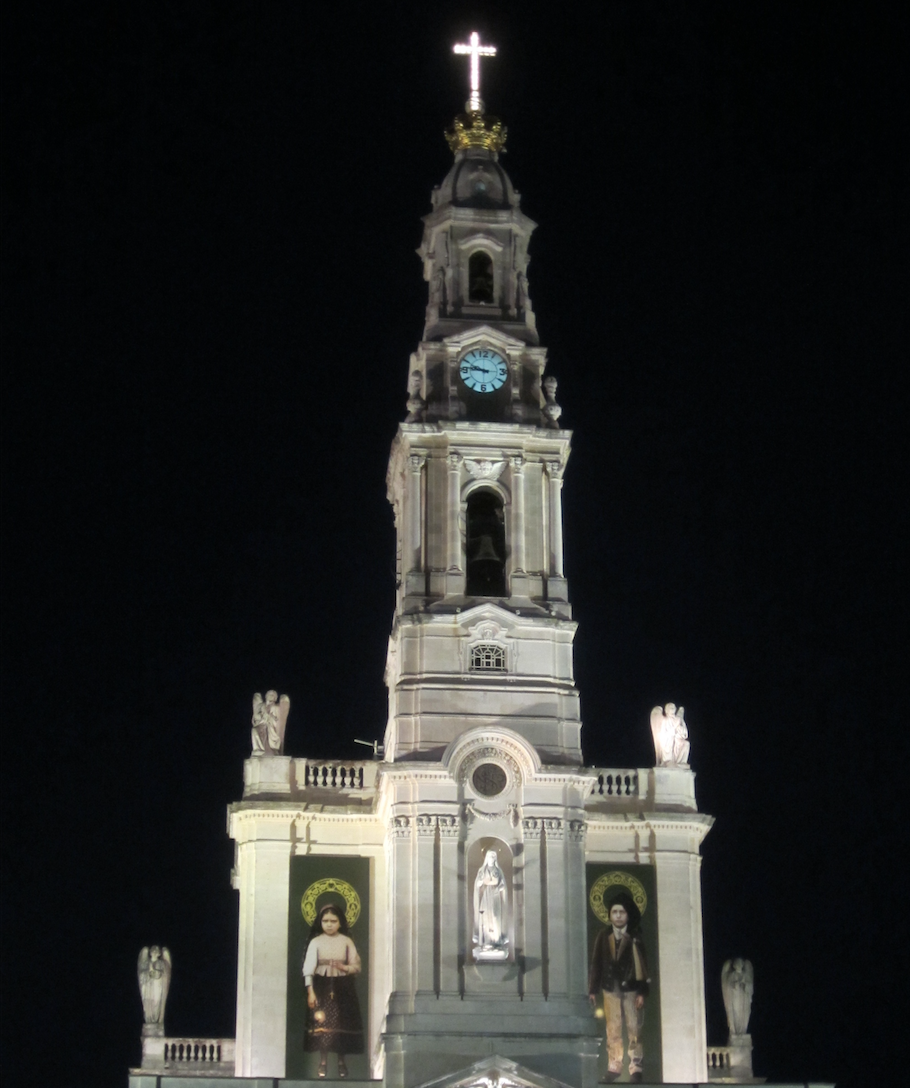
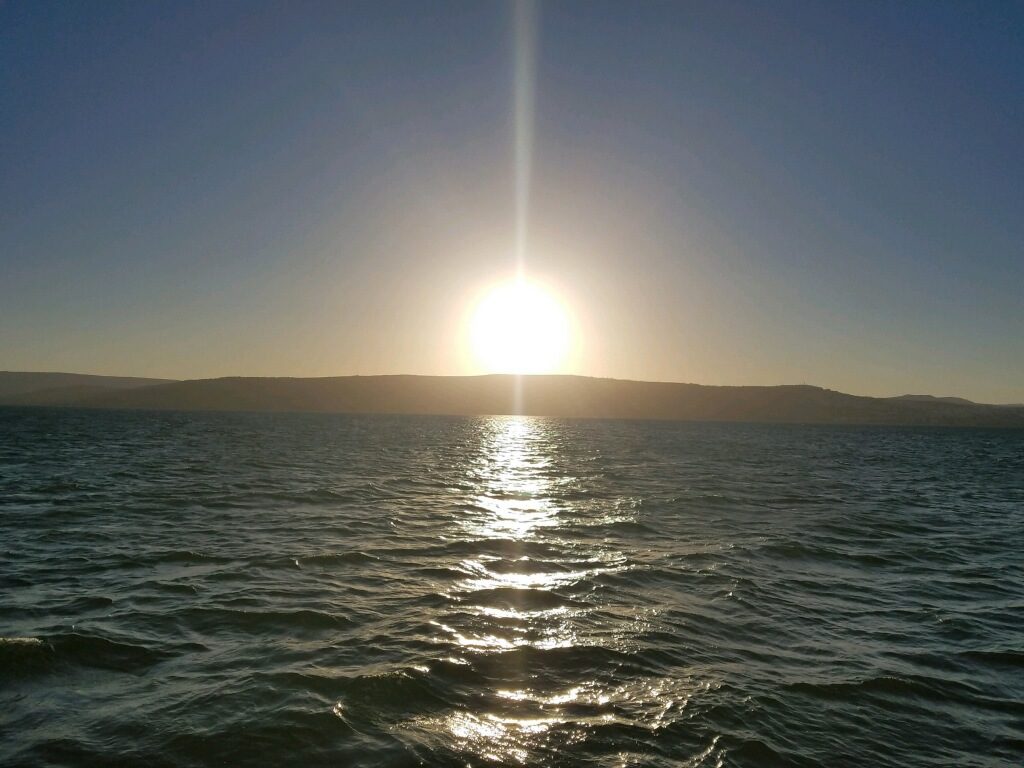
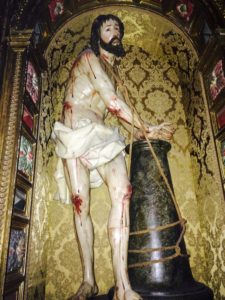
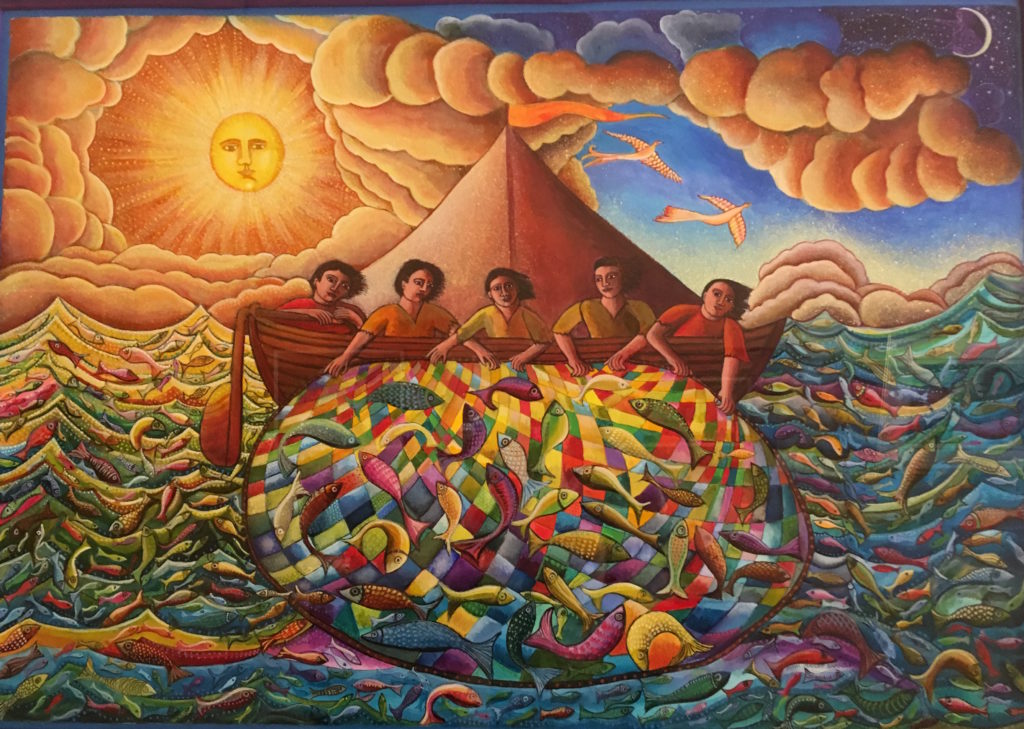
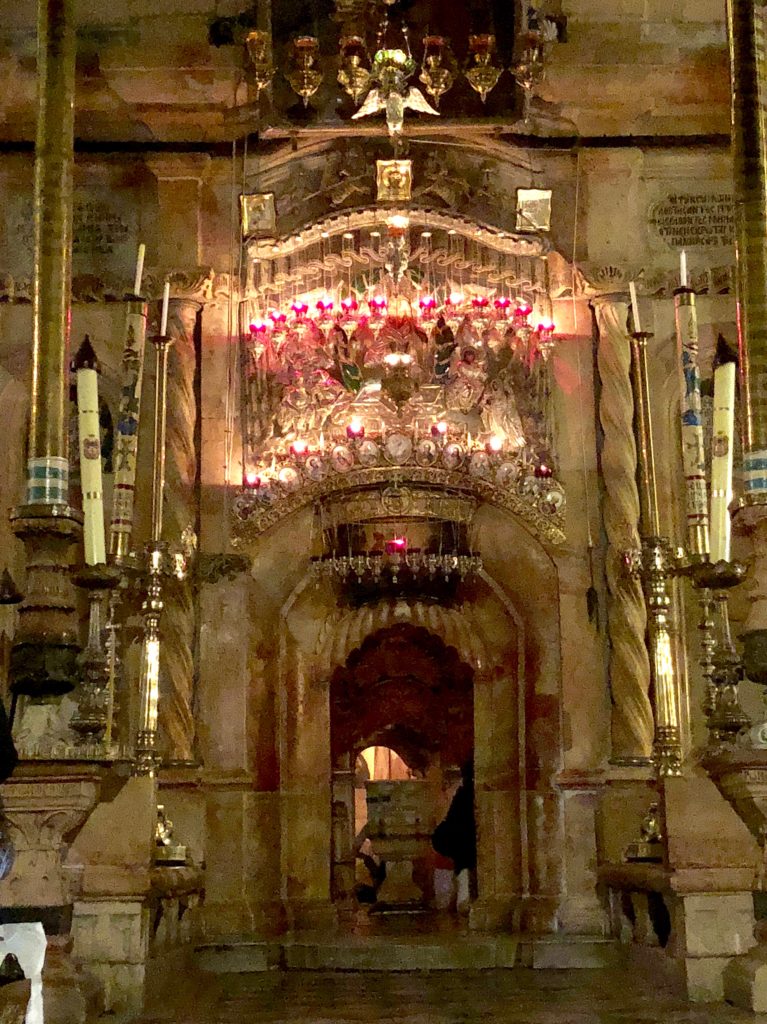
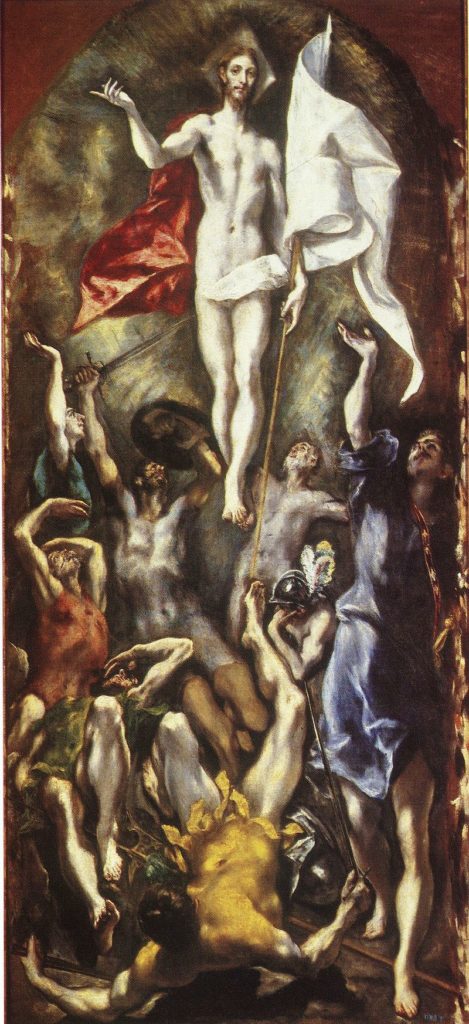
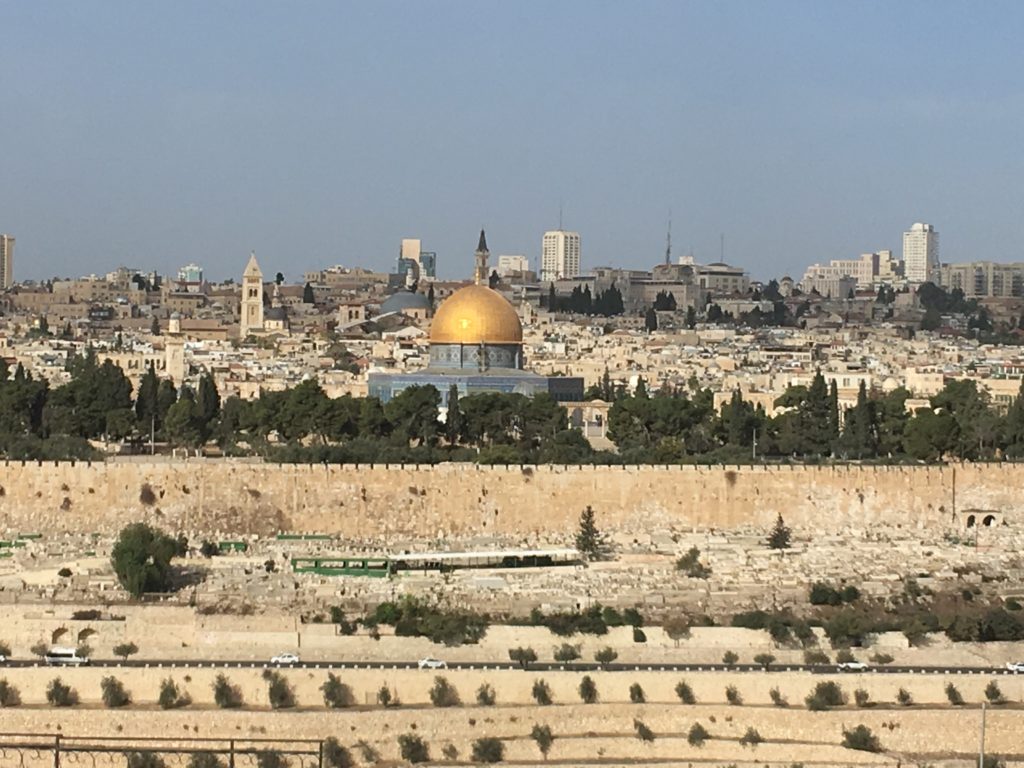
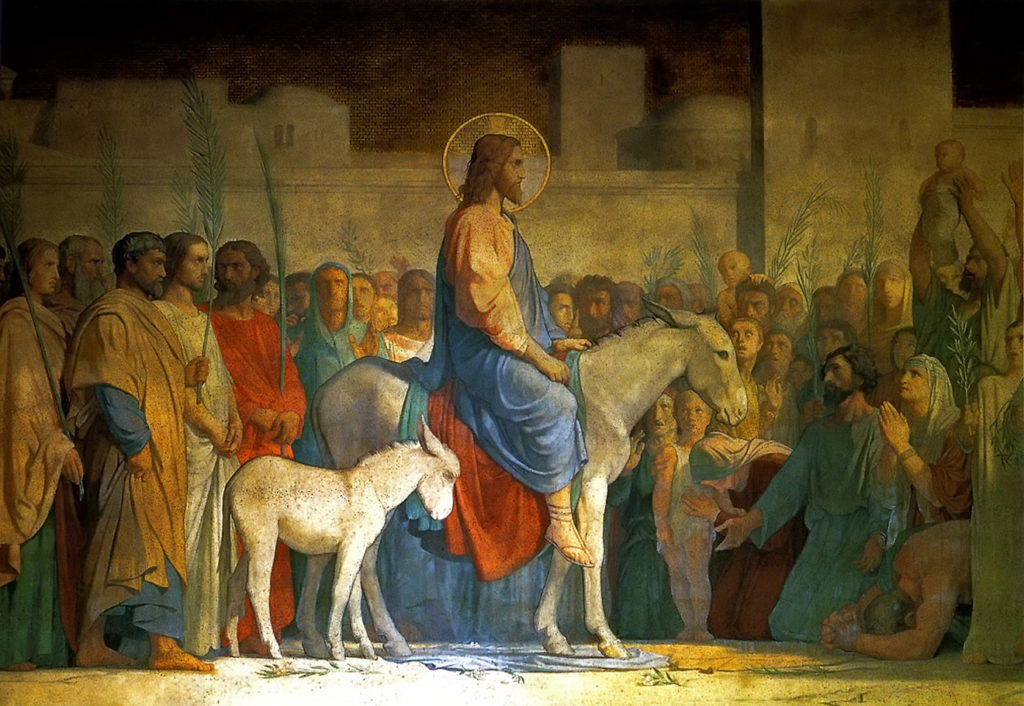
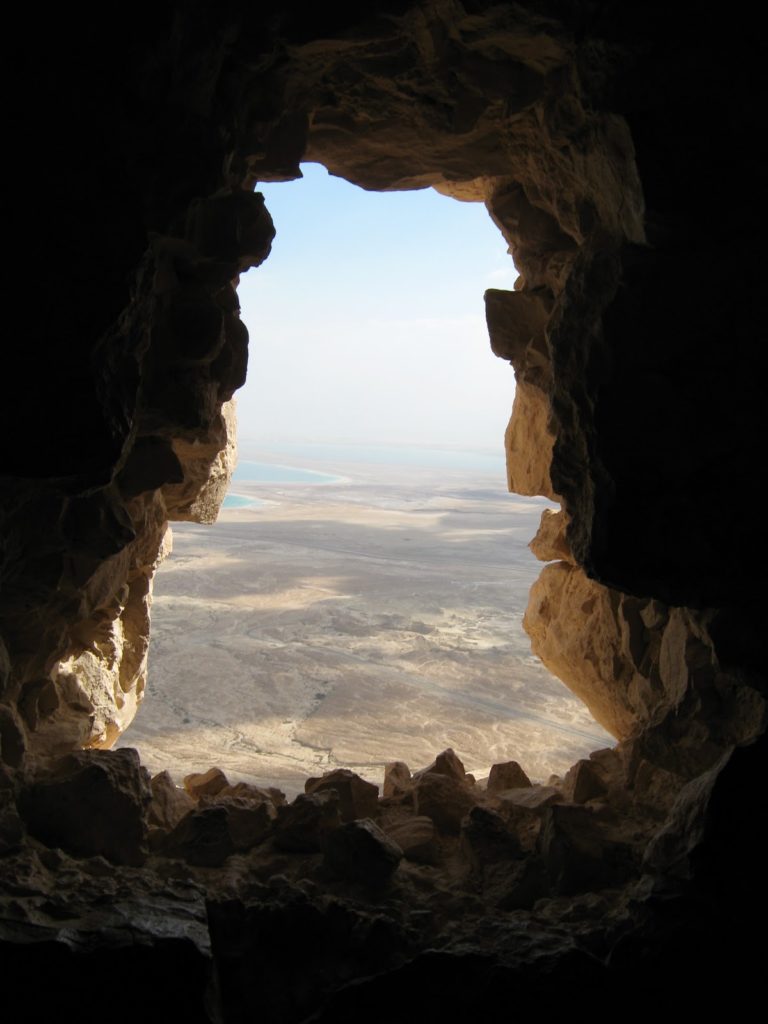
May the Lord bless us, protect us from all evil and bring us to everlasting life.
(SOURCE: Denver Retreat, October 2015)